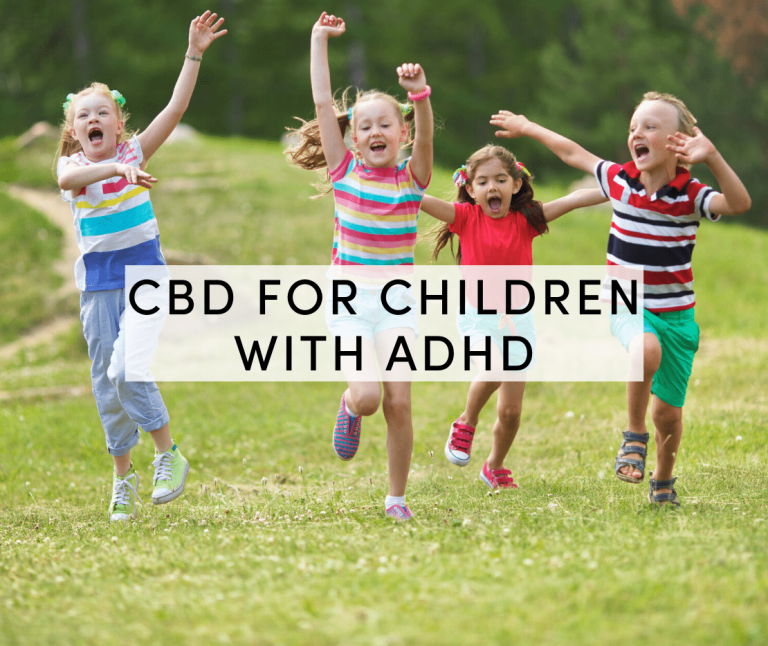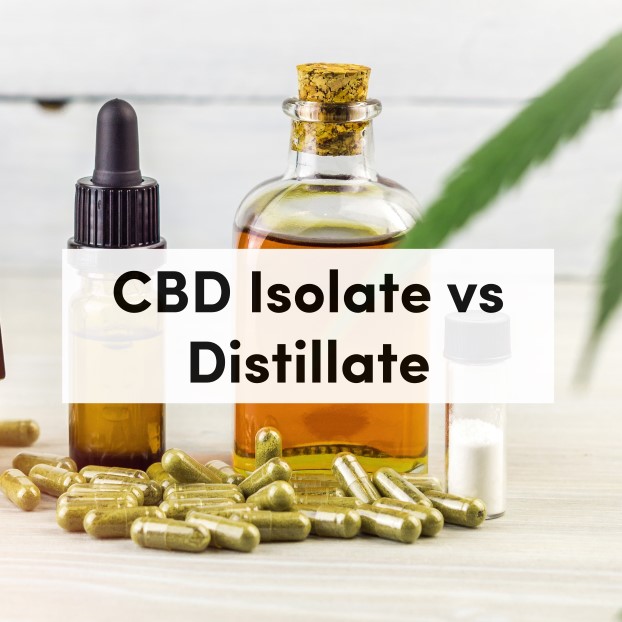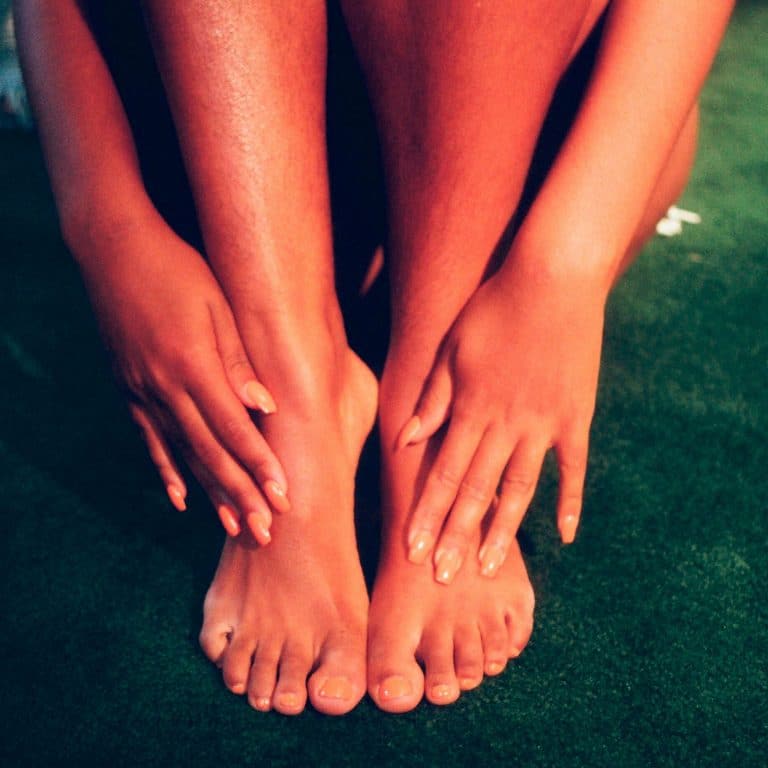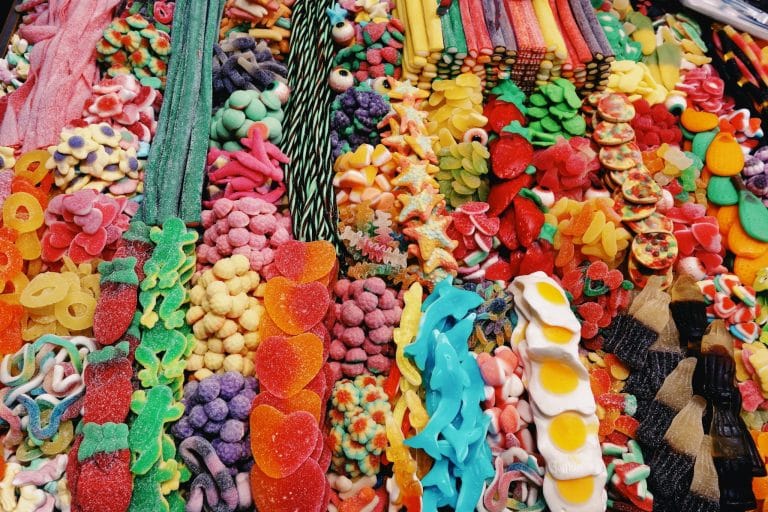CBD for ADHD Children: Can This Calming Compound Help?

Posted on May 19th, 2021
ADHD or attention-deficit/hyperactivity disorder is a common neurodevelopmental disorder. Children are generally diagnosed with it around 7 years old. The common symptoms of ADHD include inattention, impulsiveness, and restlessness. Patients might also experience trouble coping with anxiety, stress, depression and mood instability. The common medication and treatments used to manage the symptoms of this condition include antidepressants, stimulants and non-stimulants. However, these tend to carry side effects like lack of appetite, sleeplessness, likelihood of addiction, psychiatric problems and heart issues. This has led to much concern about the negative effects of standard medication and research on alternative treatments. CBD (cannabidiol) has recently gained attention, with anecdotal reports showing it might help patients cope with their condition. Here, we’ll take a look at important information you should know about this condition and whether CBD for ADHD children really works.
Characteristics of ADHD Patients
Individuals with attention-deficit/hyperactivity disorder have a hard time focusing on tasks and managing their attention. For example, this makes studying and completing projects difficult. As a result, the condition can limit a person’s ability to succeed, and lead to stress, depression and anxiety. Usually, ADHD develops in one of the following ways:
-Inattentive presentation
-Impulsive and hyperactive presentation
-Combined presentations
Individuals with the condition often experience inattention, impulsivity and hyperactivity at varying levels. Also, some patients find it hard to stay still. While kids of any age can show impulsiveness and distraction, these characteristics are more prevalent in those with the condition.
 Diagnosing ADHD
Diagnosing ADHD
There is no single test that shows whether or not a child has ADHD. To make a proper diagnosis, the practitioner will assess any symptoms the child or the parent has exhibited over the past several months.
The practitioner will then garner information from loved ones and teachers and utilize checklists and rating scales to review symptoms. Also, they will conduct a physical exam to check for other health conditions.
If you suspect that you or your kid has ADHD, consult your doctor and seek an assessment. For the child, you can also take to their school teacher, the counselor in particular. That’s because most schools assess children on a regular basis for problems that might be affecting their performance. For the assessment, you’ll need to provide the counselor or doctor with notes about the child’s behavior. If they suspect the condition, then they will refer you to an ADHD specialist. Depending on the test, they can also recommend making an appointment with a neurologist or psychiatrist. If the testing goes poorly, you may want to bring up the subject of CBD for ADHD children to gauge their opinions.
Neurochemical Mechanism Behind ADHD
According to recent studies, there’s evidence suggesting a relationship between ADHD and dopamine. People with the condition seem to have an extreme dopamine-removal system and have a higher concentration of reuptake inhibitors, which act as dopamine transporters. When dopamine dissipates too fast, it does not have adequate time to apply its effect. According to scientists, this extremely efficient transporter process might be the reason behind some symptoms of ADHD.
The symptoms of this condition may also be a result of the reduction of the neurotransmitter serotonin. It’s known to influence sleep, memory, mood and social behavior and so, low levels of serotonin can explain some of the ADHD symptoms.
Does ADHD Only Affect Children?
Although common in children, adults can also become victims of the condition. The unfortunate thing is that most adults don’t even realize they have ADHD. Both children and adults usually experience the same symptoms, but the effects vary from individual to individual, with some experiencing changes in the disorder over time.
A comprehensive diagnosis of ADHD usually entails a review of the past and current symptoms, medical history and exam, as well as the use of adult rating checklists or scales. Adults with the condition may undergo psychotherapy, medication or a combination of the two. Also, behavior management strategies like ways to reduce distractions and involving loved ones tend to be helpful. Keep in mind that not everyone with the disorder is disruptive or noisy. For example, a child may be quiet in class, while still facing extreme difficulties that they don’t express.
Is ADHD Real?
There is no denying that attention-deficit/hyperactivity disorder is a real, biological disorder. Comprehensive studies have shown brain differences in individuals who have the condition compared to those who do not have it. Also, every major medical group including the National Institutes of Health, American Psychiatric Association, American Medical Association and many others recognize ADHD as a valid disorder that should be treated.
CBD for ADHD Children
What is CBD?
Short for cannabidiol, CBD is one of the many compounds in Cannabis Sativa L. Many praise it for its potential therapeutic benefits. It is only slightly less popular than THC, the compound responsible for marijuana’s intoxicating effects. CBD, however, does its work without any intoxication.
How Does CBD Work?
When you consume CBD, it interacts with two primary receptors in the body. These are cannabinoid receptor 1 (CB1) and cannabinoid receptor 2 (CB2). The former is primarily found in the brain and it’s directly related to epilepsy. The latter is prevalent in the immune system and is connected to pain and inflammation.
When CBD interacts with CB1 and CB2 receptors, it affects the endocannabinoid system (ECS). This is a complex networking system throughout the body. It manages a wide array of biological functions with the aim to maintain balance, thus promoting health and well-being. Some of these bodily functions include mood, appetite, memory, learning, and sleep.
Cannabidiol’s interaction with the human body via these receptors is complex. This can explain why the compound’s potential benefits tend to vary widely, both in terms of the type of effect and potency. Also, variables in the CBD product, including the actual dosage, alters the potency and the potential for noticeable effects. CBD products usually fall into one of the following categories:
- Full-Spectrum CBD
This is a combination of cannabinoids (including small THC amounts) and terpenes. Full-spectrum simply means the extract contains every compound found in the cannabis or hemp plant. Most researchers agree that this type works best due to the entourage effect of all of the compounds working together.
- Broad Spectrum CBD
This contains all the compounds in the cannabis plant except THC.
- CBD Isolate
This contains at least 99% of CBD, which people often mix with a carrier oil. CBD isolate products don’t have any other compounds from the cannabis plant.
 The Effects of CBD
The Effects of CBD
As earlier mentioned, CBD interacts with the ECS system, thus impacting an array of processes. Whatever success CBD for ADHD children has, it is because it interacts with the ECS. Through this interaction, CBD may have the following effects:
Neuroprotective properties- Studies on the cannabinoid receptors and their interaction with CBD have shown promise in helping symptoms of conditions like Alzheimer’s, stroke, Multiple Sclerosis, and Parkinson’s disease.
Pain relief- CBD affects the brain receptors responsible for pain, resulting in relief.
Anti-Seizure- Research has shown promising effects of CBD when it comes to seizures. In fact, it led to the first-ever FDA-approved CBD drug. Many people use Epidiolex to treat two severe forms of seizures in children.
Anxiety relief- As we mentioned earlier, CBD has been shown to alter how the brain responds to the neurotransmitter serotonin. Its interaction may reduce stress, induce sleep in insomniacs, and also alleviate anxiety, a major symptom in people with ADHD.
Is CBD for ADHD Children Safe?
Currently, only a few studies and trials have been done on the effects of CBD in children. This is primarily due to the negativity surrounding marijuana, as it contains THC, a compound that has some undesirable effects.
The only FDA-approved CBD product is Epidiolex. It is a prescription drug that treats rare forms of epilepsy, especially in children.
Most of the reports on CBD in children are individual anecdotes or case studies reported by researchers and doctors. If you’re planning to use it on your ADHD child, it’s best to first consult a doctor. However, CBD does not have any severe side effects in adults. So the general consensus is that it should be safe for kids as well.
Will CBD Make Kids High?
CBD products are nothing like medical/recreational marijuana. Although it does come from cannabis, CBD products do not contain THC levels that can make you high. Broad-spectrum and isolate CBD products do not contain any THC and therefore remove all worry of intoxication. Full-spectrum CBD contains only a small amount of THC. Legally it can only contain 0.3% to be precise, but it’s not enough to make you or a child high.
Conclusion
We still need much more research before approving CBD for ADHD children as a standard treatment option. If you are a parent considering CBD as a treatment option for your child, you’ll want to consult a pediatrician as well as a cannabis specialist to ensure you make an informed decision.
At the same time, if you use it you need to treat CBD like any other tool for symptom management. It will probably take some time to show results, and you may have to adjust the dosage to better suit your child’s needs.






